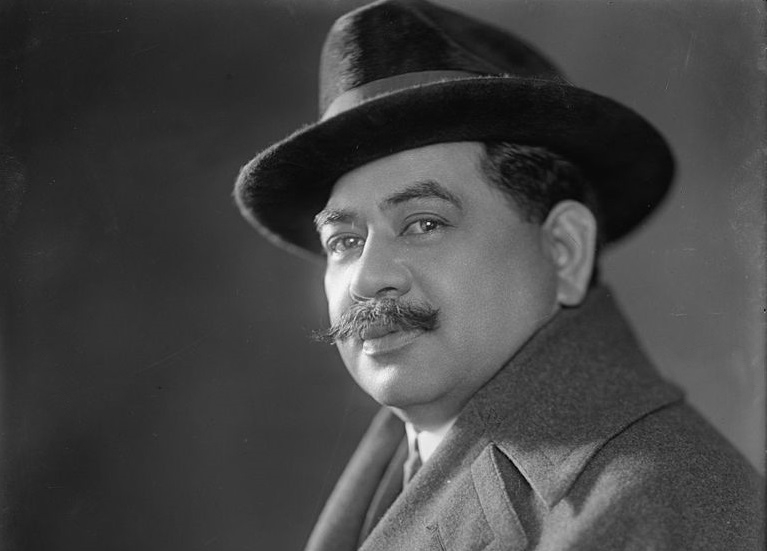Hawaii celebrates Prince Jonah Kuhio Day to mark his birth on March 26, 1871. It is one of three State holidays in Hawaii honoring two of Hawaii’s most beloved figures (King Kamehameha the Great is the other) and momentous statehood that followed Hawaii’s territorial status after the overthrow of the Hawaiian monarchy in 1893.
While Hawaii’s residents are certainly happy for the official holiday (and free metered parking), Prince Kuhio’s personal history has faded somewhat into the mists of time and is unknown to most Hawaii visitors. Let’s take a look at what makes this Hawaiian royal such a remarkable figure in Hawaii, the United States, and the world.
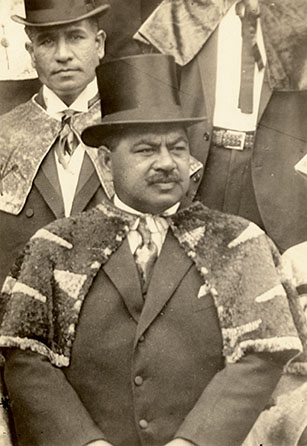
Prince Kuhio, a son of Kauai royalty, was adopted into the family of King David Kalakaua by the king’s wife Queen Kapiolani after the death of the prince’s parents, in the common practice known as hanai in Hawaii. Many of us here have informal hanai brothers and sisters (myself included) who are known and loved (and sometimes merely tolerated) as blood relatives. Family is family.
The prince can be accurately described as a “renaissance man”: he was well-educated in Hawaii at Oahu College (now Punahou School) and attended a military school in San Mateo, California. He also lived in England, where he studied at the Royal Agricultural College and ultimately graduated from business school.
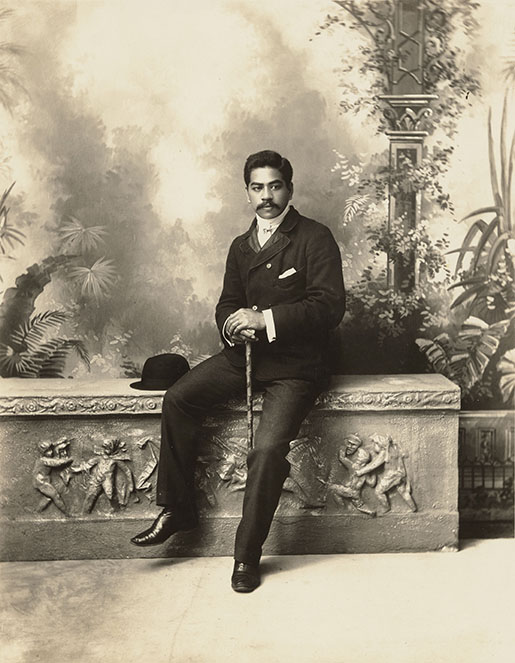
Prince Kuhio is credited with bringing surfing to the wider world while attending a military academy in San Mateo, California, stunning bewildered gawkers with his brothers on the beaches of nearby Santa Cruz. He and his brother Prince Kawananakoa were also the first to bring surfing to Great Britain, at Bridlington Beach in the north. Imagine: no thermal wetsuits, unfamiliar currents and conditions, and (probably) miserable, frigid weather.
Prince Kuhio was in the Kalakaua line of succession to the throne of the Kingdom of Hawaii until the overthrow of the kingdom in 1893. He participated in the Wilcox Rebellion, seeking to put an end to the illegal overthrow. He and other “rebels” were captured. Kuhio was sentenced by a “provisional” governent to one-year in prison while others were to be put to death (those sentences would later be commuted to prison time).
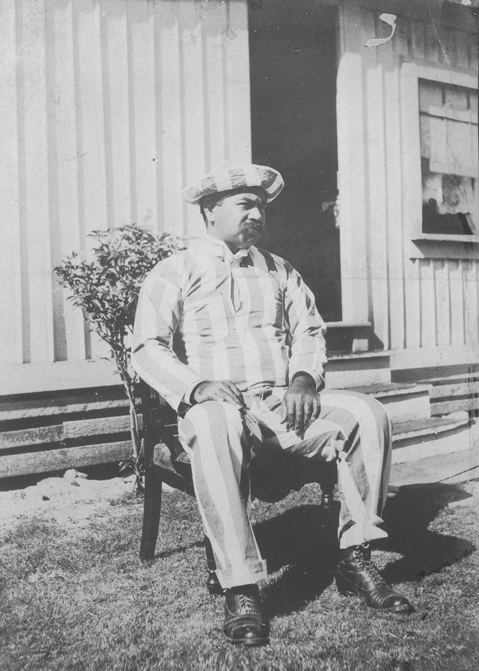
Prince Kuhio served his full prison term. From 1900-1901, Prince Kuhio and his wife traveled the United States and Europe, receiving royal treatment wherever they went. Kuhio also traveled to South Africa during the Second Boer War (it remains unclear whether he was a combatant or an observer).
He returned to Hawaii to take up a life in politics. He was elected as a delegate to the United States Congress in 1902, where he sought to advance the interests of the Hawaiian people. He was reelected to office ten times before his death in 1922. He was instrumental in establish the official “Territory of Hawaii”. He was among the founders of Hawaiian civic organizations that remain active today.
Prince Kuhio was a staunch advocate for women’s suffrage and he played an important part in the passing of the Nineteenth Amendment to the US Constitution, granting women in the US the right to vote. He was also the first to introduce a congressional bill to grant the Territory of Hawaii statehood, which eventually came to pass 40 years later.
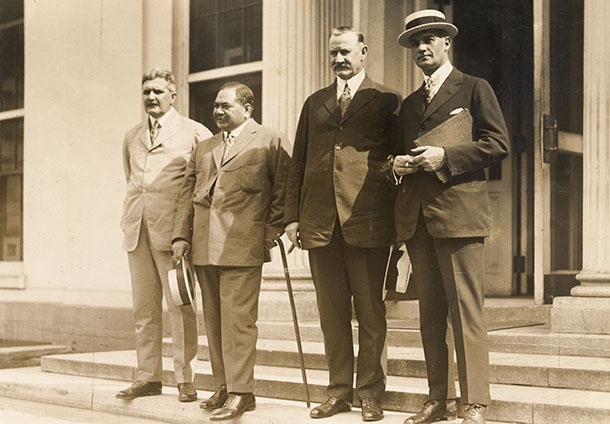
Prince Jonah Kuhio remains a revered figure in Hawaii for his achievements as an ambassador for Native Hawaiian culture and as a political force that helped shape modern Hawaii. Schools, beaches, parks, and streets are named for him, including the main artery of Kuhio Avenue in Waikiki as well as the Prince Jonah Kuhio Federal Building in Downtown Honolulu. His is a legacy of study, sacrifice, diplomacy, justice, and an overarching love for the people he represented.
There is a rich history just below the surface of any Hawaii vacation. Some of it beautiful, some of it tragic, but all of it vital to truly understanding what makes Hawaii and its people unique among world cultures. Let us here at Hawaii Aloha Travel help you uncover it for yourself.

